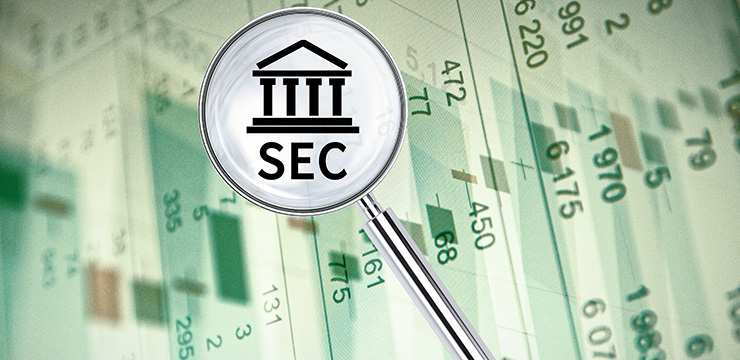In a closely-watched cryptocurrency case, on September 30, the Southern District of New York ruled in favor of the SEC in SEC v. Kik Interactive, Inc., holding that the Kin tokens Kik had offered and sold through a pre-sale and ICO were securities under the Howey test. The case illustrates the difficulties cryptocurrency companies face when they try to avoid having their tokens classified as securities; even though Kik intended to create a decentralized ecosystem for their Kin tokens on which third parties would supply products and services, the Court reasoned that Kik’s essential role in driving that ecosystem meant that token holders were reliant on Kik’s efforts to realize a profit on their Kin holdings.

Kin tokens were issued on the Ethereum blockchain, and Kik planned to develop an ecosystem of products and services that accepted Kin as currency. Kik stated in its white paper that Kin purchasers would profit through an appreciation of the value of Kin – as more products and services became available within the Kik ecosystem there would be a greater demand for Kin, but the supply of tokens would remain fixed. This increased demand against a fixed supply would drive up the price, which Kin holders could realize by selling their Kin on secondary markets. Kik would not be the sole developer of products and services in the ecosystem – third party participation was expected.
Courts use the Howey test to analyze whether a cryptocurrency is an “investment contract,” which is a type of security. The Howey test is comprised of three prongs: (1) an investment of money (2) in a common enterprise (3) with a reasonable expectation of profit derived from the managerial or entrepreneurial efforts of others.
Kik’s critical role to the development of the Kin ecosystem was enough for the Court to find that Kin holders expected to derive their profit from Kik’s efforts, thereby making Kin a security (the other two prongs of the Howey test were more clearly met). The Court found that “the economic reality is that Kik, as it said it would, pooled proceeds from its sales of Kin in an effort to create an infrastructure for Kin, and thus boost the value of the investment,” and that, while Kik planned for Kins to have a “consumptive use,” those uses were not available at the time of the Kin distribution and would “materialize only if the enterprise advertised by Kik turned out to be successful.” Growth of the company “would rely heavily on Kik’s entrepreneurial and managerial efforts,” the Court found, because Kik would play an “essential role…in establishing the market” and “Kik had to be the primary driver of [the] ecosystem”; Kik planned to provide significant resources to develop the Kin ecosystem, to integrate Kin into their Kik messenger product, and to provide incentives for developers to create new uses for Kin. Furthermore, if Kik did not follow through with the aforementioned efforts and no ecosystem developed, “Kin would be worthless.”
This reasoning around the “efforts of others” prong is similar to what the Southern District of New York said in SEC v. Telegram, where the Court applied a “Bahamas Test,” reasoning that were the Telegram team to immediately decamp to a tropical island after launching their blockchain, the TON Blockchain project and Grams would “likely lack the mass adoption, vibrancy, and utility that would enable the Initial Purchasers to earn their expected huge profits.” Telegram, like Kik, also had plans to integrate their token into their proprietary messaging product.
A determination of whether a financial instrument is a security based upon the Howey test depends of course upon the facts and circumstances of the particular matter. The Court ruled against Kik Interactive principally because the company disclosed that the value of tokens purchased could increase based upon the company’s efforts, and because at the time of the token sales the tokens did not yet have an immediate utility. A different result might have been reached if the company already had established a working infrastructure in which the tokens had a use independent of investment value. It is not clear that would be enough in all cases to defeat application of the securities laws, but it is at least one helpful argument.



